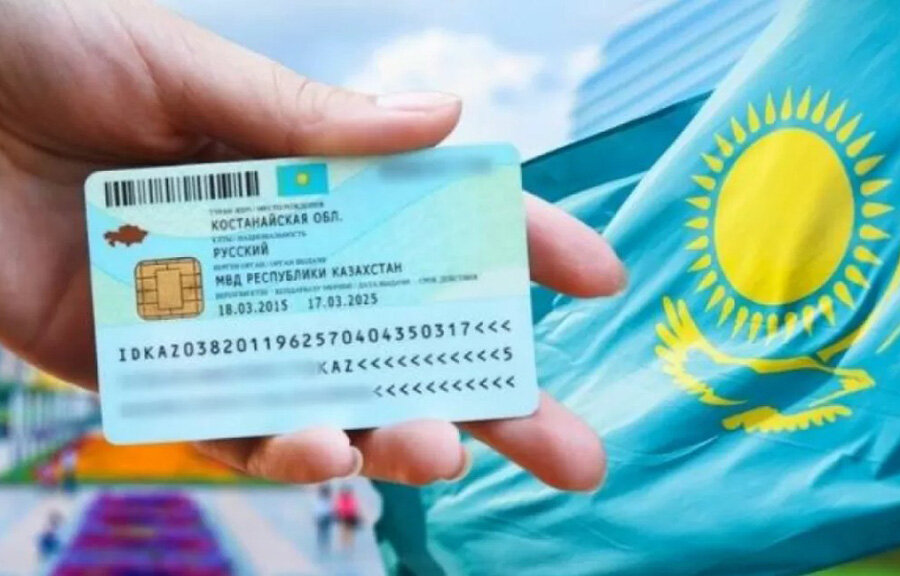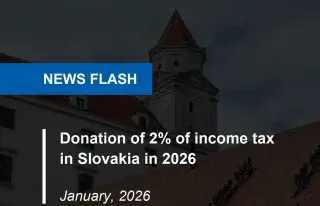read also
Kazakhstan Resumes Issuing Taxpayer IDs Abroad — But Not for Everyone

The government of Kazakhstan has resumed issuing taxpayer identification numbers (TINs) to foreigners through its overseas diplomatic missions as part of a pilot program, Zakon.kz reports. However, only specific categories are eligible. Simultaneously, the country is mass-annulling TINs for foreigners who have left its territory, while also tightening banking procedures, deporting migrants, and enforcing penalties for violations.
Background: Why TIN Issuance Was Previously Suspended
In 2025, Kazakhstan banned TIN issuance abroad due to abuse. Over the past three years, numerous TINs were illegally obtained via intermediaries, leading to new controls. The TIN system grew popular in 2022, especially among Russian citizens seeking to open bank accounts amid sanctions.
Who Is Eligible for a TIN Abroad?
Between April 18 and December 31, 2025, TINs may be issued to the following categories:
- Foreign investors
- Spouses and children (under 16) of Kazakh citizens
- Persons with disabilities and those 65+
- Individuals handling inheritance in Kazakhstan
- Applicants for Digital Nomad Visa or Residency
- Directors of registered foreign entities
- Participants in product tracking and labeling systems
- Registered pesticide manufacturers or registrants
Applications must be submitted in person to a Kazakh embassy or the Ministry of Foreign Affairs. Processing time is 1 business day.
Required Documents
All applicants need:
- Application form
- Valid passport (original + copy)
Special documents for certain groups:
- Investors: Confirmation of investor status from presidential council, investment contract, letters from government bodies, or a recommendation from the Astana International Financial Centre (AIFC)
- Spouses: Apostilled marriage certificate + certified translation into Kazakh or Russian
- Children: Birth certificate + parent’s Kazakh passport
- Inheritance cases: Death certificate + proof of relation or will
- Disabled individuals: Medical certificate
- Company reps: Appointment letter or founder decision
Documents issued abroad must be legalized or apostilled to be accepted.
Migration Enforcement Intensifies
According to the Migration Service Committee, TINs may be revoked if the individual leaves Kazakhstan or violates procedures. The ministry is investigating over 10 cases of illegal TIN issuance.
In March, authorities froze ~2,000 bank accounts, mostly belonging to Russians, as part of a financial crime probe. Legal changes have made it harder for non-residents to open bank accounts.
During the nationwide “Migrant” operation in March 2025 (Tengrinews.kz):
- 10,000 violations were recorded
- 4,500 foreigners overstayed
- 2,500 worked illegally
- 60 were unlicensed taxi drivers
- 1,240 foreigners were deported
- 2,200 hosts were fined $23K for failing to report arrivals
- 500 employers were fined $63K for illegal hiring
- 12 criminal cases were opened for organizing illegal migration. In Almaty, a notary’s assistant created fake power of attorney letters for migrants.
Government Warning
Officials urge citizens and migrants to avoid "fixers" charging fees for TINs or residency permits. All such services are free of charge when processed through official government channels.
Kazakhstan’s partial reinstatement of TIN issuance abroad reflects an attempt to balance control and accessibility for legal migrants. However, overall regulation is tightening, in line with global trends.








